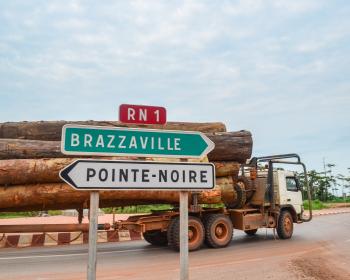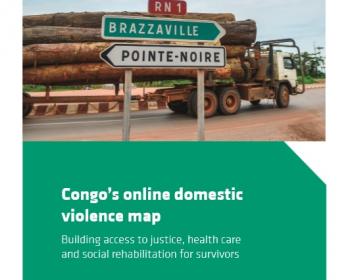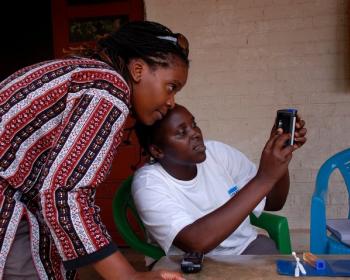African Technology and Transparency Initiative
The Africa Technology and Transparency Initiative (ATTI) is a joint initiative of Omidyar Network and Hivos. It seeks to support organisations in Africa that use technology and media platforms to empower citizens in their countries to hold their leaders accountable by providing access to credible public information, influence and stewardship of resources.
People look to government institutions to work on their behalf and provide oversight on matters that significantly impact their quality of life. Governments fulfill this role most effectively when their activities are open and transparent to citizens. With visibility into government actions and spending, people are more likely to participate in the political process and hold government officials accountable for their actions. When citizens engage in the issues that affect them, they can help to ensure that power and public funds are used wisely and are representative of their interests. Through the power of technology, ATTI aims to reach people more efficiently and thereby maximise these benefits for millions of people, enabling them to engage more productively with one another and in society.
The fund supports projects that use technology as an essential component for providing people with access to credible information about government actions and influence in Africa. They aim to invest in the technology platforms that track government activities and money flows, provide citizens with the opportunity to engage on specific issues, and establish the public checks and balances that can help people hold government leaders more accountable.
Grants are provided for projects that plan to develop technology platforms for use in promoting transparency and accountability or for projects that use pre-existing technology platforms for use in promotion of transparency and accountability
This publication, which is especially useful for women’s rights and ICT for development organisations, UN agencies, health providers, legislators, policy makers and justice enforcement bodies, gathers the learnings and challenges identified by all actors involved in APC and AZUR Development’s project “Holding government accountable to gender-based violence in the Republic of Congo,” and reflects on the next steps to be taken in holding governments, police, health facil...
This publication, which is especially useful for women’s rights and ICT for development organisations, UN agencies, health providers, legislators, policy makers and justice enforcement bodies, gathers the learnings and challenges identified by all of the actors involved in APC and AZUR Development’s project “Holding government accountable to gender-based violence in the Republic of Congo”.
In the Republic of Congo, there was no previous experience in using online mapping to advance the rights of women and children. However, in the area of combating violence against women and girls, an analysis of the response to sexual violence was carried out by UNICEF in 2008 in the aftermath of the armed conflict in the Congo. In addition, the Congolese Association to Combat Violence Against W...
This survey, conducted in Pointe-Noire and Nkayi, has enabled the identification of the recurrent forms of violence to which women are subject in these two towns; the identification of the obstacles to access to justice and health; an inventory of the use of information and communication technologies in fighting violence against women; and the proposal of recommendations for civil society, part...
APC News interviews Sylvie Niombo of AZUR Développement about the Africatti project whose objective is to hold governments accountable for the fight against gender-based violence. Niombo describes the lack of policies on gender-based violence in Congo-Brazzaville and its effect on access by women to justice for gender-based violence.
The recently launched online mapping platform developed by the Association for Progressive Communications in partnership with APC member AZUR Developpement under the Africatti project, will contribute to holding the Congo government accountable on domestic violence in a country where serious incidents of gender based violence and human rights violations take place.
Republic of Congo (Congo) has one of the most serious incidence of gender-based violence and human rights violations in the world. It is a country emerging from years of armed conflict, which has perpetuated rape and sexual violence as a weapon of war. This project aims to strengthen documentation, reporting and monitoring of domestic and sexual violence and responses of law enforcement agencie...






